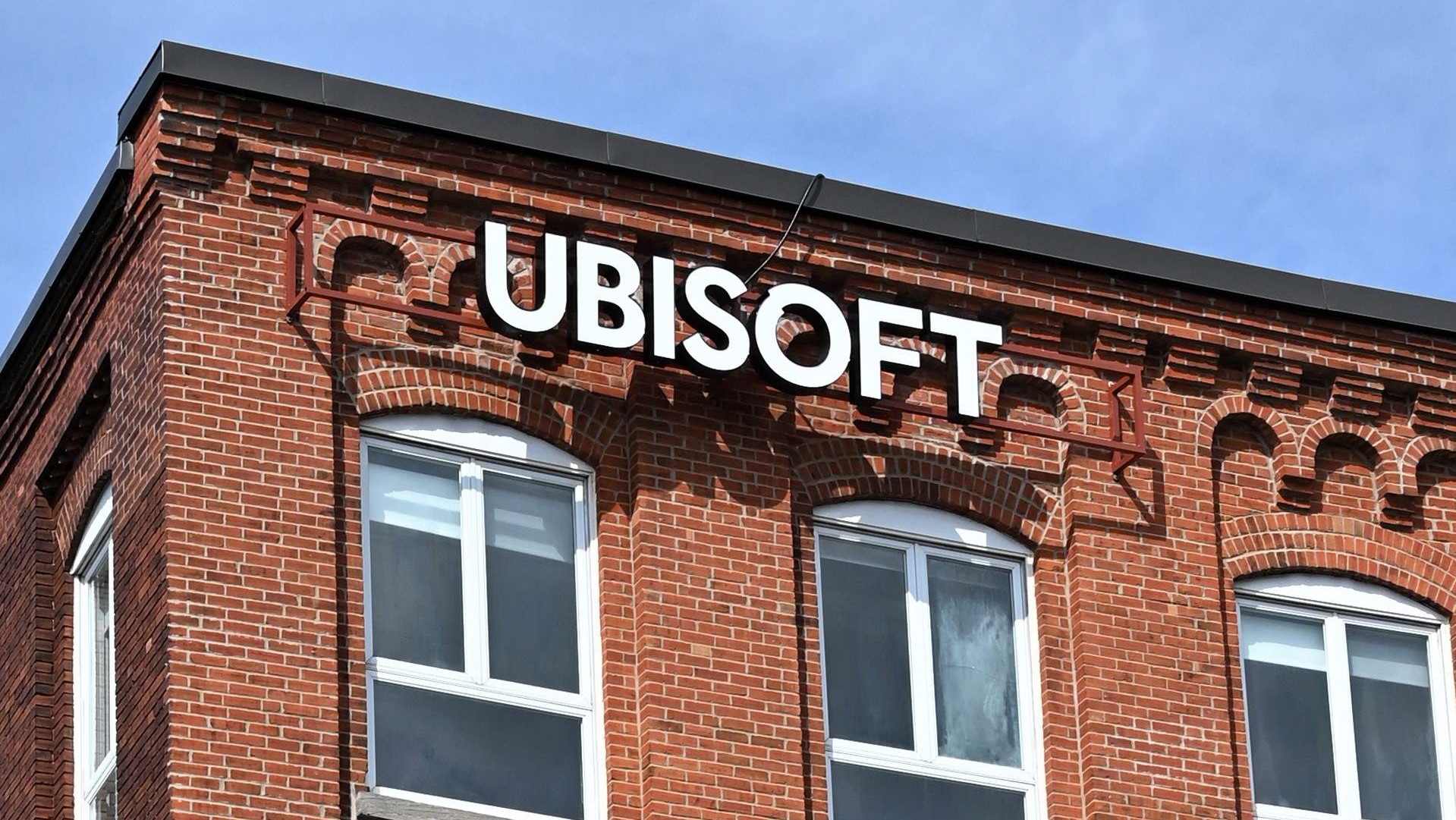Ubisoft is reportedly suffering an 'exodus' of employees over abuse allegations and creative discontent
A new report says employees are leaving Ubisoft at unprecedented rates.

A new Axios report says Ubisoft is amid a "great exodus" of talent, as developers leave the studio at a rate that some remaining employees reportedly say they've never seen previously. At least five of the top 25 people in the credits for Far Cry 6, which launched less than three months ago, have left Ubisoft, according to the report. Twelve of the top 50 credited developers on last year's Assassin's Creed Valhalla are gone, too.
It's unclear how far off the norm those numbers are—experienced developers coming off of major studio projects sometimes decide they want to try something new—but lower-level employees are also bailing out: Data from business-oriented social network LinkedIn indicates that at least 60 employees from Ubisoft's Toronto and Montreal studios have left the company over the past six months. Two employees still with Ubisoft told Axios that the loss of staff is enough to have slowed or outright stalled some current projects, and one external developer said they'd been contacted by a colleague at Ubisoft for help with a game because there was no one left at the studio who could take care of it.
Reasons for leaving include low pay, "frustration" with Ubisoft's creative direction—perhaps a jab at the recent embrace of NFTs—an increase in opportunities elsewhere, and of course the allegations of widespread workplace abuses at Ubisoft that surfaced last year. One recently departed developer told Axios that Ubisoft has become "an easy target for recruiters," while another cited "management and creative scraping-by with the bare minimum" as their reason for turning away from the company.
Ubisoft acknowledged that its attrition rate has increased but said that it's "still within industry norms," helped in part by November pay raises for all employees at its Canadian studios. This improved employee retention by 50%, according to Ubisoft chief people officer Anika Grant.
It's difficult to say exactly how bad the situation is. Turnover is a normal part of the business, and the numbers are quite possibly skewed by the so-called Great Resignation, a Covid 19-driven phenomenon that has seen US citizens quitting their jobs at record-setting levels. The report also notes that Ubisoft's attrition rate, based on data supplied to LinkedIn, is higher than that of Electronic Arts and Take-Two, but lower than Activision.
Still, one possible sign of staffing issues at Ubisoft may have been last week's Splinter Cell remake announcement, which explicitly called for interested developers to join up. That in itself isn't terribly unusual—studios are hiring all the time—but it was a bit strange to see the project revealed at such an early stage of development, when Ubisoft is still hammering out basic design decisions.
"We want to invite anyone who’s intrigued by what we’ve said to apply to join Ubisoft Toronto," technical producer Peter Handrinos said at the time. "We’re building a new team, the same way we did when we started the studio. There are technical leadership openings and roles across all different job families available."
The biggest gaming news, reviews and hardware deals
Keep up to date with the most important stories and the best deals, as picked by the PC Gamer team.
Ubisoft recently invited more bad press, and quite possibly deeper employee discontent, with the announcement that it's going whole-hog on NFTs. The Ubisoft Quartz announcement trailer is now up to 42,000 dislikes, compared to just 1,700 likes (YouTube no longer displays "dislike" numbers on videos but browser extensions are available to restore them), and the French trade union Solidaires Informatique denounced the scheme as "useless, costly, [and] ecologically mortifying.'" Union chapter rep Marc Rutschlé, who is also a senior designer on Ghost Recon Breakpoint, said last week that employees at Ubisoft Paris were strongly against the idea, but despite that, Ubisoft CEO Yves Guillemot is moving ahead with it.

Andy has been gaming on PCs from the very beginning, starting as a youngster with text adventures and primitive action games on a cassette-based TRS80. From there he graduated to the glory days of Sierra Online adventures and Microprose sims, ran a local BBS, learned how to build PCs, and developed a longstanding love of RPGs, immersive sims, and shooters. He began writing videogame news in 2007 for The Escapist and somehow managed to avoid getting fired until 2014, when he joined the storied ranks of PC Gamer. He covers all aspects of the industry, from new game announcements and patch notes to legal disputes, Twitch beefs, esports, and Henry Cavill. Lots of Henry Cavill.

